
Why Innovation Is a Necessity—Not a Luxury
 Why Innovation Is a Necessity—Not a Luxury
Why Innovation Is a Necessity—Not a Luxury
Business leaders believe two out of five of the top-ranked companies in their industries won’t exist in the next five years, making innovation a matter of survival.
 SoftBank Robotics
SoftBank Robotics
In June, SoftBank unveiled “Pepper,” a 121-cm tall robot that recognizes human voices, reads facial expressions and conducts basic conversations. The company sold out its entire stock of 1,000 robots within the first minute of sales.
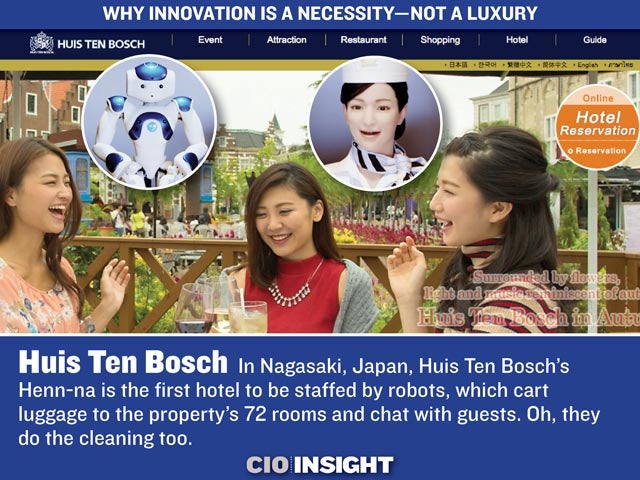 Huis Ten Bosch
Huis Ten Bosch
In Nagasaki, Japan, Huis Ten Bosch’s Henn-na is the first hotel to be staffed by robots, which cart luggage to the property’s 72 rooms and chat with guests. Oh, they do the cleaning too.
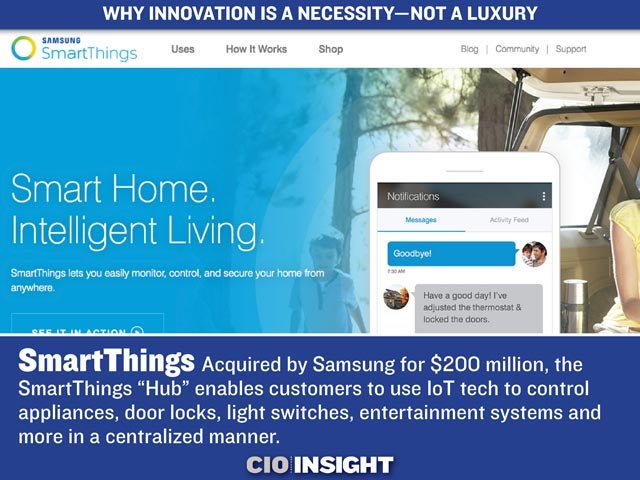 SmartThings
SmartThings
Acquired by Samsung for $200 million, the SmartThings “Hub” enables customers to use IoT tech to control appliances, door locks, light switches, entertainment systems and more in a centralized manner.
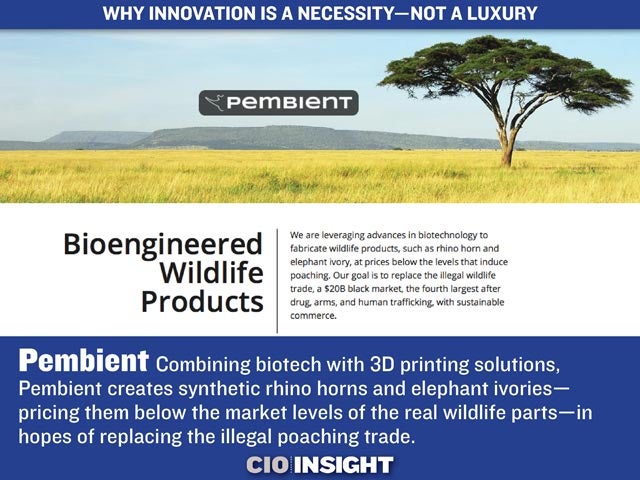 Pembient
Pembient
Combining biotech with 3D printing solutions, Pembient creates synthetic rhino horns and elephant ivories—pricing them below the market levels of the real wildlife parts—in hopes of replacing the illegal poaching trade.
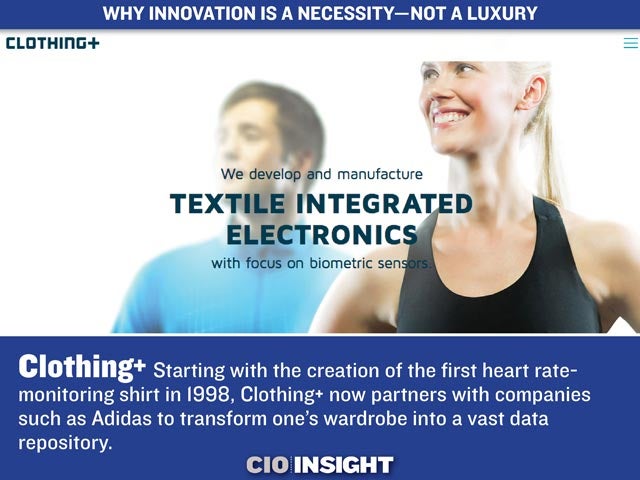 Clothing+
Clothing+
Starting with the creation of the first heart rate-monitoring shirt in 1998, Clothing+ now partners with companies such as Adidas to transform one’s wardrobe into a vast data repository.
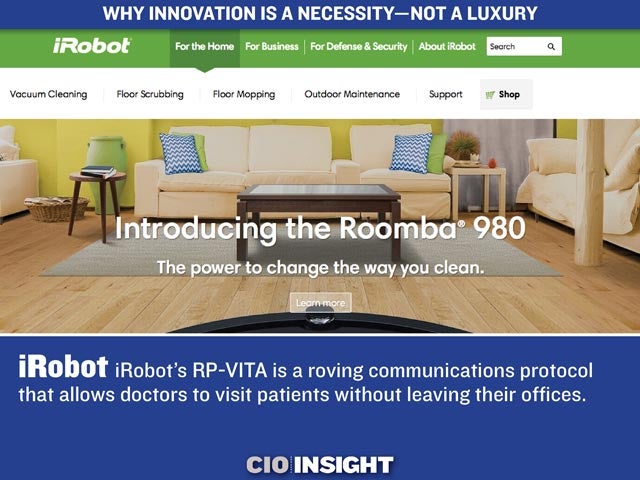 iRobot
iRobot
iRobot’s RP-VITA is a roving communications protocol that allows doctors to visit patients without leaving their offices.
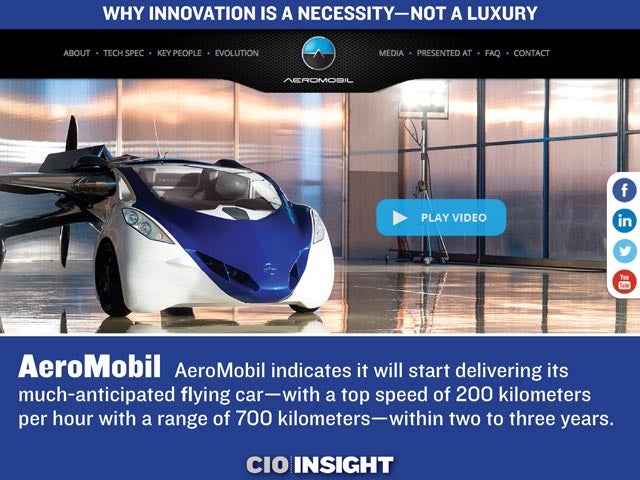 AeroMobil
AeroMobil
AeroMobil indicates it will start delivering its much-anticipated flying car—with a top speed of 200 kilometers per hour with a range of 700 kilometers—within two to three years.
 ToyTalk
ToyTalk
Led by former Pixar CTO Oren Jacob, ToyTalk will soon unveil Hello Barbie, an Internet-connected version of the classic Barbie doll that will use a speech-recognition platform to exchange in actual dialogue with kids.
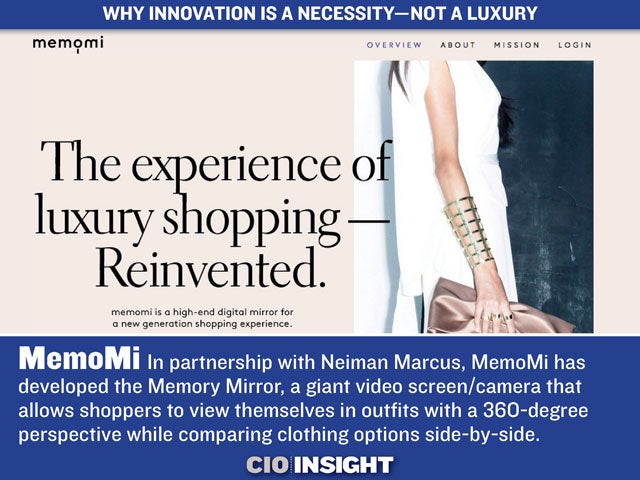 MemoMi
MemoMi
In partnership with Neiman Marcus, MemoMi has developed the Memory Mirror, a giant video screen/camera that allows shoppers to view themselves in outfits with a 360-degree perspective while comparing clothing options side-by-side.